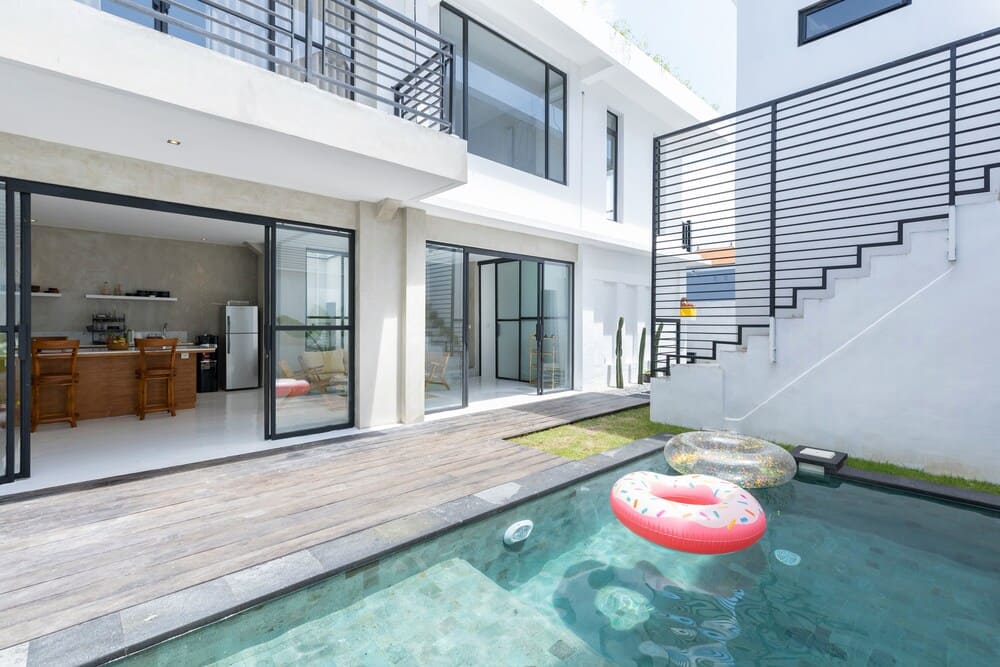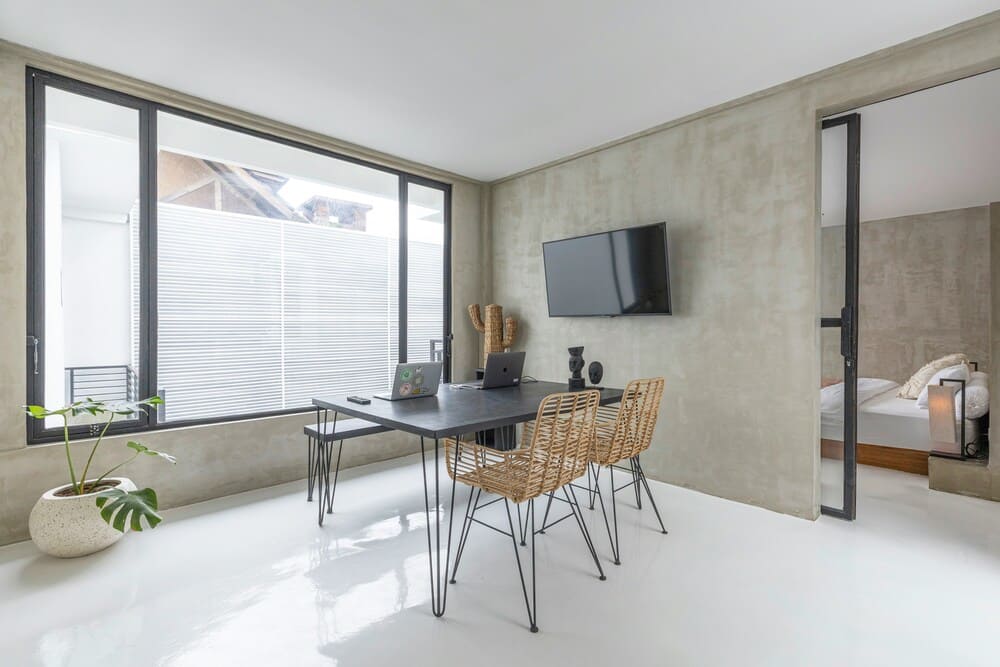- Benefits of Freehold Property in Bali
Freehold property allows for permanent ownership, meaning the land remains in the owner’s possession without an expiration date. Owners have complete control over the property, allowing for modifications, rentals, or resale without restrictions. As an asset, freehold properties often appreciate in value, making them excellent long-term investments. Additionally, properties can be passed down through generations, preserving family wealth. - Downsides of Freehold Property
Despite its advantages, freehold property comes with certain limitations. The most significant is its exclusivity to Indonesian citizens, which prohibits foreigners from directly owning freehold land. This legal restriction forces many expats to explore other options, sometimes resorting to nominee arrangements that carry legal risks. Freehold properties also tend to have a higher price tag, requiring a larger upfront investment compared to leasehold options.
- Benefits of Leasehold Property in Bali
Leasehold property presents an accessible pathway for foreign investors to enter Bali’s property market. The lower initial investment compared to freehold makes it appealing for investors with limited capital. Leasehold offers flexibility, making it ideal for short to mid-term projects, vacation rentals, or seasonal homes. The ability to operate villas and resorts under leasehold agreements further enhances business opportunities. - Downsides of Leasehold Property
Leasehold property, while accessible, has certain drawbacks. Ownership is limited by the lease duration, and once the lease expires, the property reverts to the original freehold owner unless extended. The value of leasehold property may depreciate as the lease period shortens, potentially affecting resale opportunities. While extensions are often possible, renegotiations can be costly and are not guaranteed.
- Investment Goals
When deciding between leasehold and freehold, it is essential to consider your investment goals. Freehold is more suitable for long-term investors who aim to retain property indefinitely. In contrast, leasehold serves as a practical solution for investors focused on rental income or short-term ventures. Understanding your financial horizon can help determine which option aligns better with your plans. - Budget and Financing
Budget is a major factor influencing property choices. Freehold property often requires a significant upfront investment but offers lasting returns. Leasehold, on the other hand, provides a more affordable entry point, allowing investors to allocate funds to renovations, operations, or marketing. - Legal Security
Legal considerations play a crucial role in property ownership. Freehold offers stronger legal protection for Indonesian citizens, while leasehold provides a secure and legal avenue for foreigners through formal contracts. Ensuring that the lease agreement is clear and legally binding helps mitigate risks for foreign investors. - Exit Strategy
Exit strategies differ between freehold and leasehold. Freehold property can be resold or inherited without restrictions, offering a straightforward exit. In contrast, leasehold properties may present resale challenges, especially as the lease term nears its expiration. Planning for lease extensions or resale at the right moment is essential for maximizing returns.











